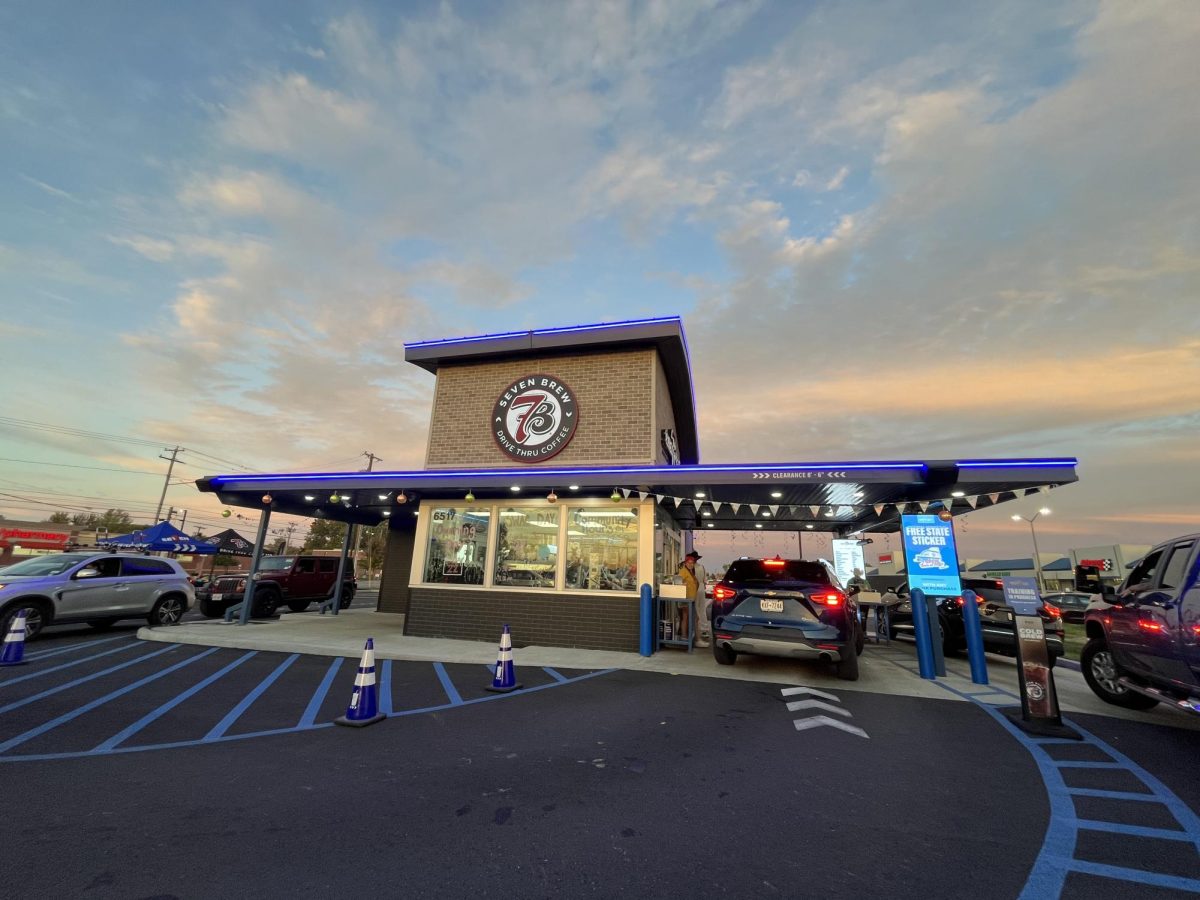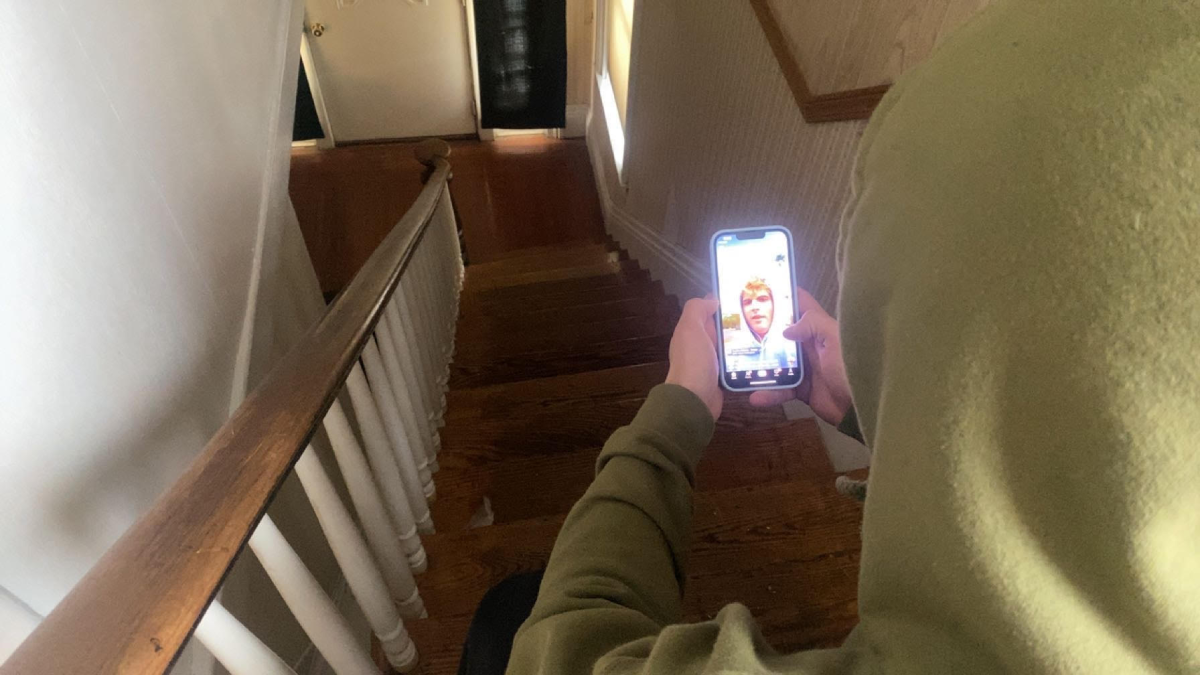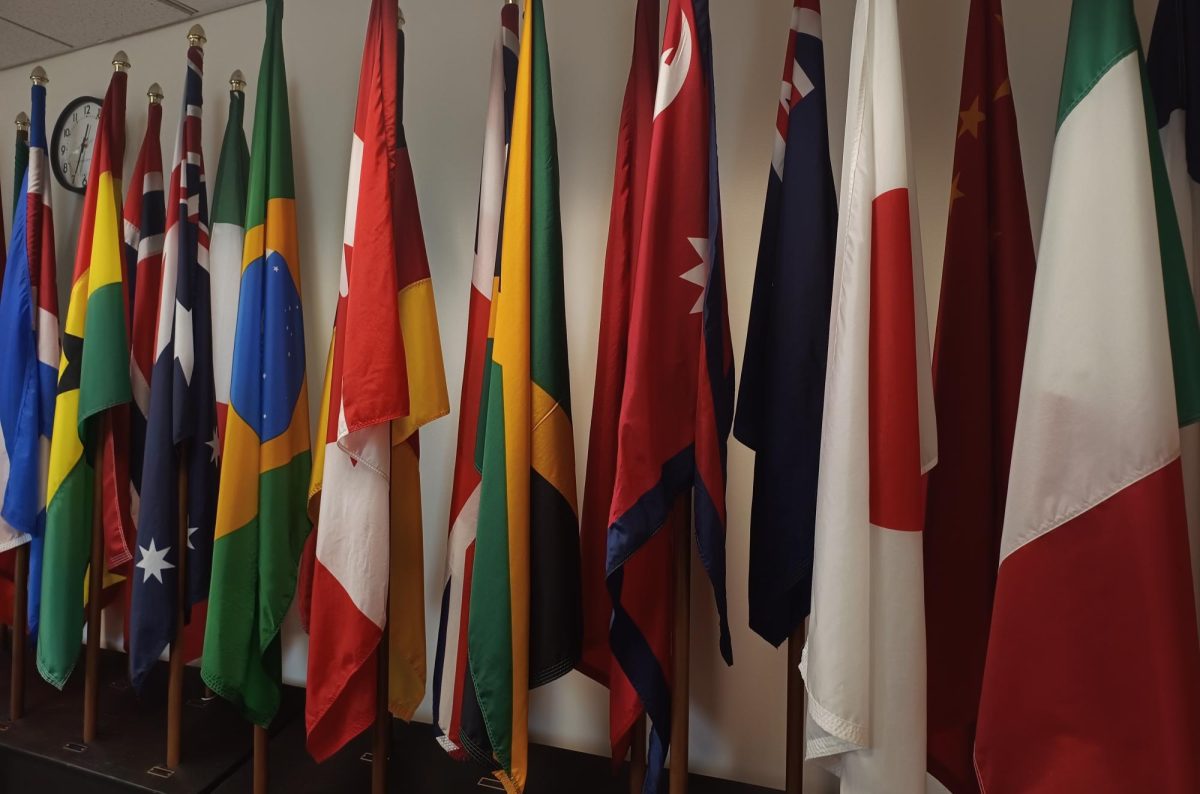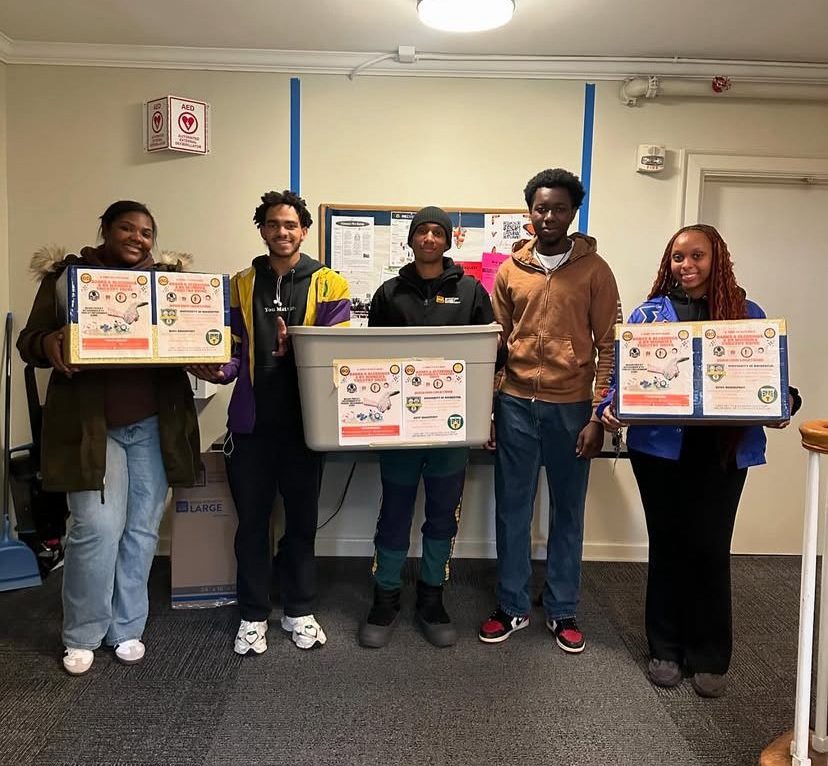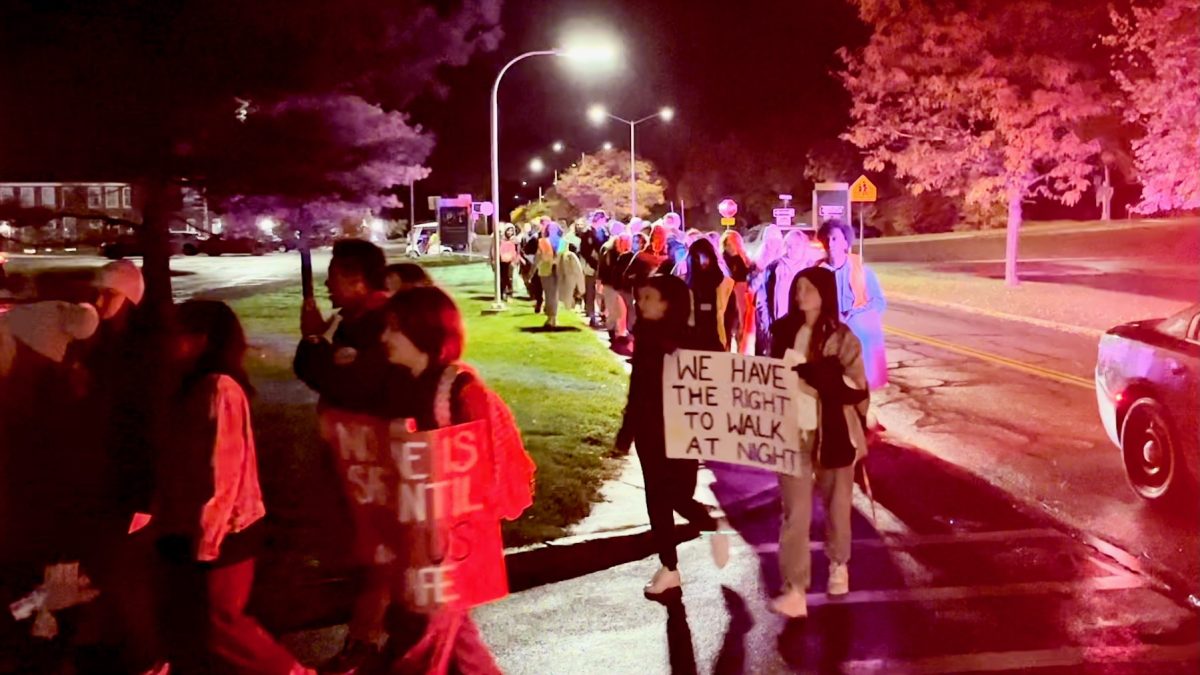Social media is hurting college students mentally and physically. According to the Mayo Clinic Health System, around 44% of college students report suffering from depression or anxiety.
Studies have shown that depression is directly increasing with social media usage, nearly doubling among teens.
\
According to the Pew Research Center, major social media websites other than Facebook and Twitter saw a major rise in users from 2015-2022. At the same time depression and mental health struggles are the highest they have ever been.
Chart from The Pew Research Center showing the growth or drop in adolescent users between 2014/15 – 2022.
One of the biggest social media platforms that just recently grew in popularity is TikTok. Despite it being relatively new (2016), it is doing better than Instagram, Facebook, and Twitter among adolescents.
SUNY Brockport professor Sadia Cheema knows a lot about social media’s impact on adolescents.
“I wouldn’t say there’s only negatives, there’s always been a lot of learning. But I do know that we don’t spend enough federal money understanding the impact and the influence (with social media).”
Cheema believes a big issue is that many colleges like SUNY Brockport do not have sufficient funds to research how social media is impacting their students.

TikTok has a user base of over 1.53 billion, with over one billion active every month. This means hundreds of SUNY Brockport students use TikTok. School funding towards research on TikTok or other social medias may help find a solution for students struggling’s.
TikTok has been known to spark dangerous trends that many teens have tried. The most dangerous being the blackout challenge.
One study found that within minutes of creating a new account, it is common for suicide or eating disorder related content to appear on a user’s feed.
“The idea of being cool engaging in these challenges are a massive psychological stress, “said Cheema.
Dangerous trends like this can reach millions of people in seconds and can ruin lives in an instant.
For reasons like this, the government has been looking to ban the app entirely. With some states already passing laws, and certain colleges taking it into their own hands and banning TikTok on campus’.
SUNY Brockport students are the perfect demographic. Out of 15 students surveyed, all of them are familiar with TikTok, and only three of them claimed to not use the app. Two of the three non-users said they installed the app, but eventually deleted it. With seven out of the 15 being women, they stated that they have posted TikTok’s.
SUNY Brockport student Aaliyah Pitoni shared her experience on TikTok.
“I’ve never cared too much for TikTok likes but there are times I’ve deleted a post if it literally gets only 10 (likes), Pitoni
So, though it may not have bothered her too much, Pitoni clearly felt some sort of pressure to exceed a certain number of interactions. When asked about some of the trends on TikTok, Pitoni replied,
“Yeah, some of the trends you see on TikTok are fun, like little filters or dances. But the dark side of TikTok seems much worse than the good side. Knowing that young kids see some of that stuff is awful.”
Pitino believes that the cons heavily outweigh the pros of TikTok.
SUNY Brockport student Braeden Schmidt says he does not believe social media has impacted his mentality at all. Schmidt acknowledged the mental health crisis that is occurring in America and believes adolescents should be more aware of the content they are producing and putting out there.
“I can’t remember the name, but I saw some sort of influencer a few months ago talking about teenagers and social media. The influencer compared our generation to lab rats. Even if it is a lot or a little, we don’t know how much social media is affecting us. Or even how much it may affect us in the future,” said Schmidt.
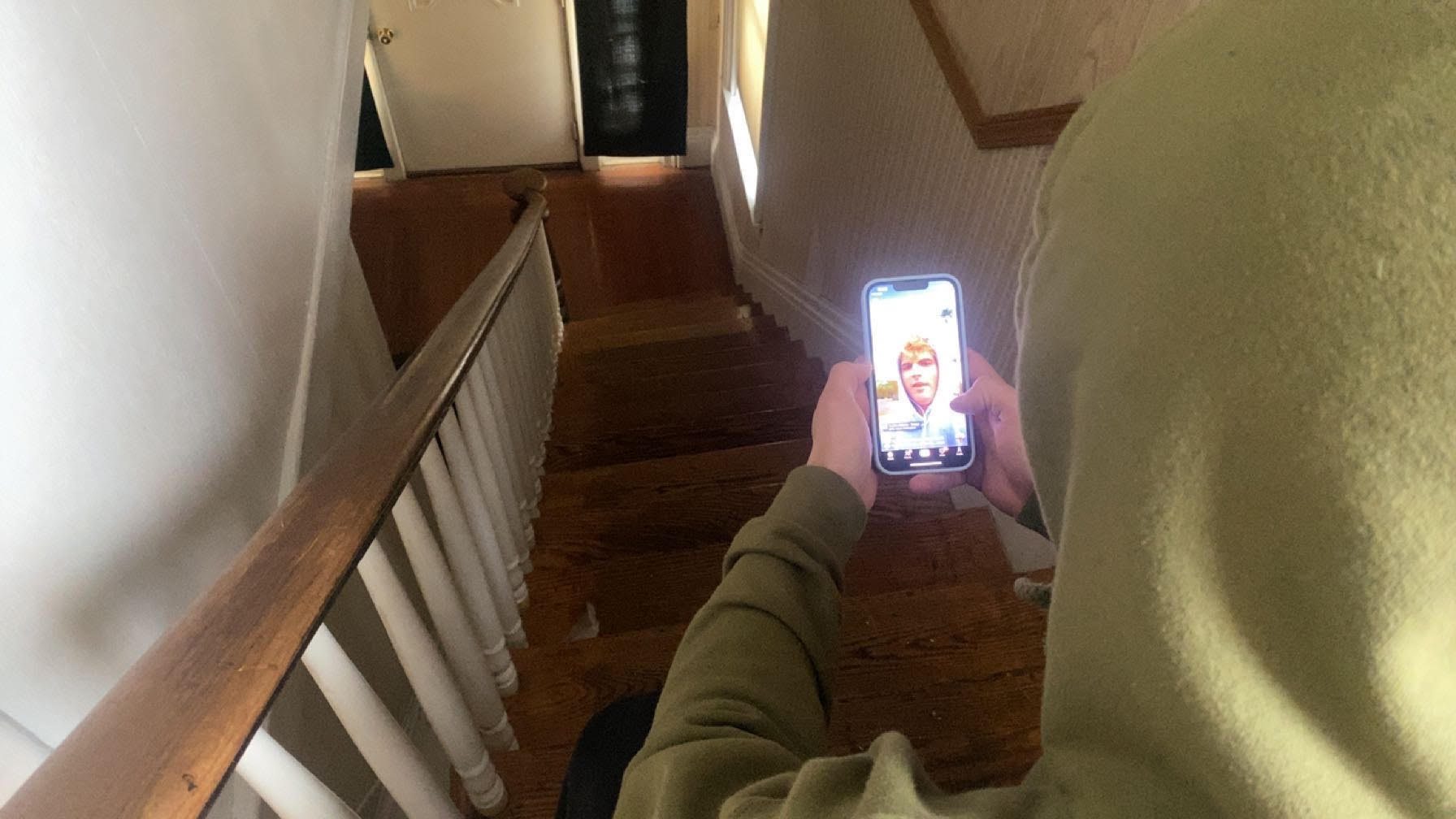
The impact of social media on college students’ mental health is a growing problem and until society recognizes and deals with it, the problem will only get worse.

